If you're looking for ways to reduce stress and increase your overall well-being, consider trying gratitude journaling. This simple practice involves reflecting on the things you're thankful for each day and writing them down. In this article, we'll explore how gratitude journaling can help you manage stress and provide tips for incorporating it into your daily routine.
The Benefits of Gratitude Journaling
Gratitude journaling has been shown to have numerous benefits for mental and emotional health. Here are just a few of the ways it can help you manage stress:
Reducing Negative Thoughts
When we're stressed, it's easy to get caught up in negative thoughts and emotions. Gratitude journaling can help shift our focus to the positive things in our lives. By intentionally reflecting on what we're thankful for, we can reduce the impact of stress on our mental health.
Improving Sleep
Stress can often make it difficult to fall asleep or stay asleep. Writing in a gratitude journal before bed can help calm the mind and promote more restful sleep. This can lead to better overall health and a more positive outlook on life.
Boosting Resilience
When we practice gratitude regularly, we build resilience to stress and adversity. By focusing on the good things in our lives, we're better equipped to handle challenges when they arise. This can help us feel more empowered and in control, even during difficult times.
How to Start Gratitude Journaling
If you're new to gratitude journaling, getting started can feel overwhelming. Here are some tips to help you incorporate this practice into your daily routine:
Choose a Time and Place
Designate a specific time and place for your gratitude journaling practice. This will help you make it a consistent part of your routine. Consider keeping your journal by your bedside or in a place where you'll see it every day.
Be Consistent
Commit to writing in your gratitude journal every day, even if it's just for a few minutes. Consistency is key when it comes to building a new habit.
Focus on the Positive
When you sit down to write in your gratitude journal, focus on the positive things in your life. This could be anything from a beautiful sunset to a kind gesture from a friend.
Get Specific
Instead of just listing general things you're grateful for, try to get specific. For example, instead of writing "I'm grateful for my family," you could write "I'm grateful for my sister's sense of humor that always makes me laugh."
Mix It Up
Don't be afraid to mix up your gratitude journaling routine. Try writing in a different place or at a different time of day. You could also try using prompts or writing exercises to help spark your creativity.
FAQs
What if I don't have time to write in a gratitude journal every day?- Even taking a few minutes to reflect on what you're grateful for can have benefits. Consider setting a reminder on your phone or calendar to prompt you to write in your journal.
- Sometimes it can be challenging to come up with things to write about. If you're struggling, try starting with the basics, such as your health, your home, or your loved ones. You can also try using prompts or writing exercises to help spark your creativity.
- Absolutely! There are many digital tools available that can help you keep a gratitude journal, such as apps or online journals. The key is to find a method that works for you and stick with it.
- There's no set rule for how long you should write in your journal each day. Some people find that just a few minutes is enough, while others prefer to spend more time reflecting. The important thing is to make it a consistent part of your routine.
- Yes, gratitude journaling has been shown to have benefits for anxiety and other mental health conditions. By focusing on the positive things in your life, you can reduce the impact of stress and anxiety on your mental health.
- Consistency is key when it comes to building a new habit. Try to set aside a specific time and place for your gratitude journaling practice each day. You can also use prompts or writing exercises to help keep things fresh and interesting.
Conclusion
Gratitude journaling is a simple and effective way to manage stress and improve your overall well-being. By taking just a few minutes each day to reflect on what you're thankful for, you can reduce negative thoughts, improve sleep, and build resilience to stress and adversity. If you're looking for the best gratitude journal to help you boost productivity and achieve your goals, the Productivity Store is a great place to start. This website offers a wide range of products and resources, including:
- Planners and journals to help you stay organized and focused
- Books and courses on productivity, time management, and goal-setting
- Tools and apps to help you streamline your workflow and reduce stress
Incorporating these resources into your daily routine can help you become more productive and better equipped to manage stress.








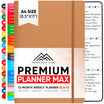





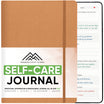
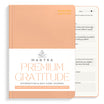

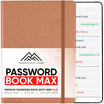


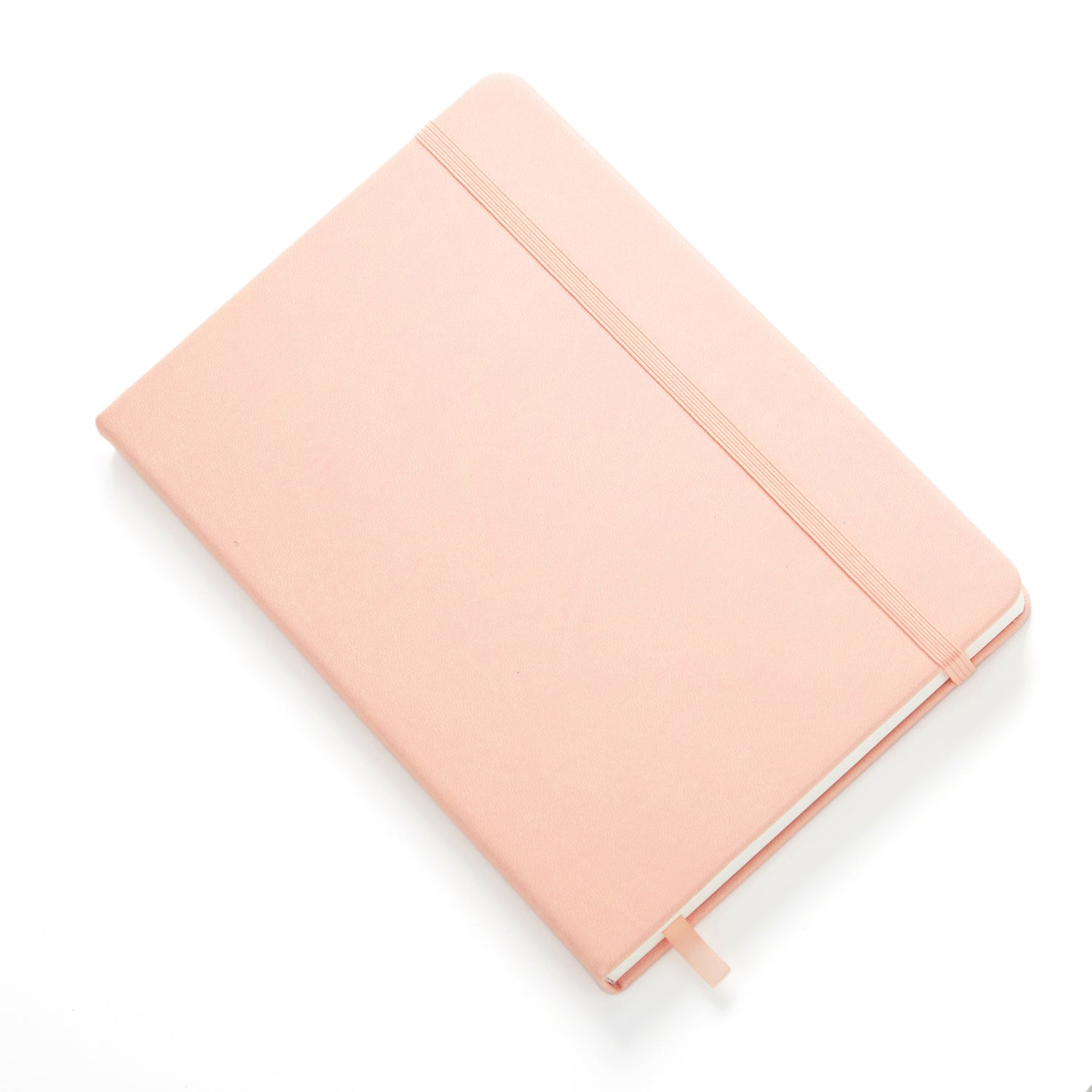
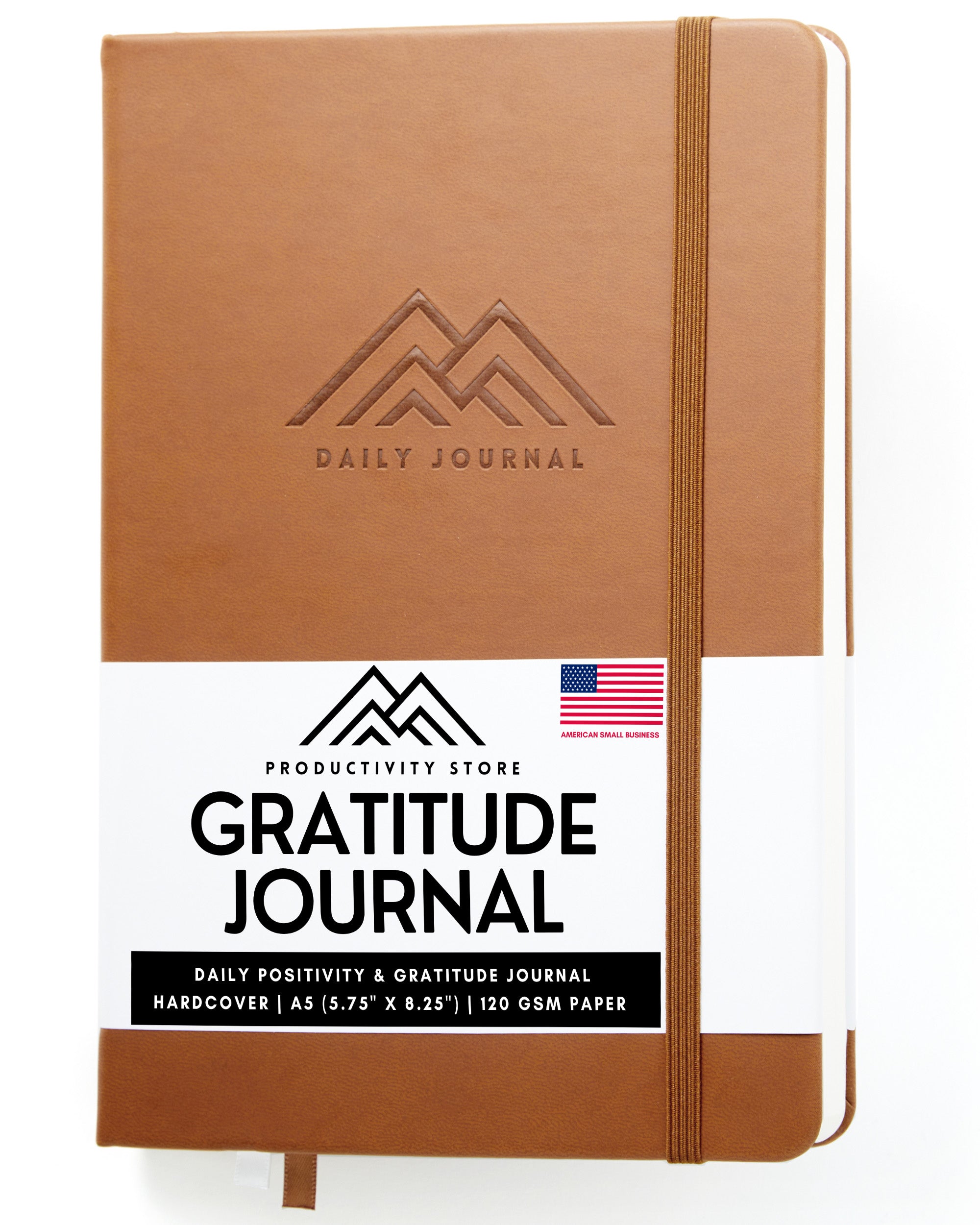

Leave a comment
All comments are moderated before being published.
This site is protected by hCaptcha and the hCaptcha Privacy Policy and Terms of Service apply.